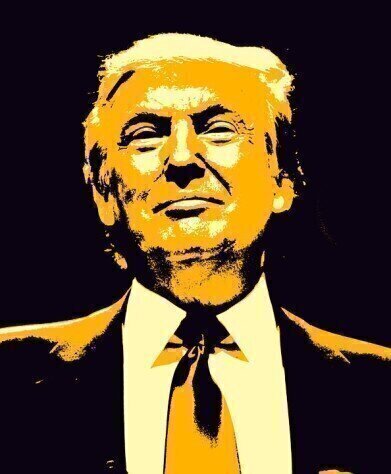Business News
How Will President Trump’s Election Affect Climate Change?
Nov 18 2016
In one of the biggest political upsets in living memory, Donald Trump swept to the White House last week. Though he did not win the popular vote, the Republicans did take the electoral college and the Senate, the House and at least one Supreme Court seat, meaning they will have considerable control over the most powerful country in the world.
While Trump’s election has caused concern and panic both inside and outside the States for a variety of reasons, perhaps one of the farthest reaching consequences of his victory will be his stance on climate change. As commander-in-chief, Trump has the power to make decisions that will affect not only the entire planet right now, but also for generations to come.
A long-term denier
Concerningly, Trump has long been an outspoken critic of climate change, claiming on several occasions that it is a hoax invented by the Chinese in order to disrupt the American economy. This is in stark contrast to his opponent in the presidential contest Hillary Clinton, who has outlined a number of policies she intended to implement had she been elected.
The issue of climate change was raised at the first presidential debate between the pair on September 26th, in which Clinton challenged Trump’s beliefs and he took to his familiar tactic of denying they ever existed; denying the denial. The exchange went as follows:
CLINTON: Some country is going to be the clean- energy superpower of the 21st century. Donald thinks that climate change is a hoax perpetrated by the Chinese. I think it’s real.
TRUMP: I did not. I did not. I do not say that.
CLINTON: I think science is real.
TRUMP: I do not say that.
Despite Trump’s protests, a cursory search on Twitter reveals he has a lengthy history of trivialising climate change and even denying its existence altogether. Instead, he wants to use money earmarked for tackling the problem to increase agricultural production, safeguard clean drinking water supplies, eradicate diseases such as malaria and develop new, alternative sources of energy.
Vetoing the Paris Agreement?
Last December, 196 leaders from nations all over the world met in Paris to discuss the issue of climate change and decide upon an effective plan to diminish its threat. The agreement, which was signed by all attendees, underlined the importance of acting now to make sure global temperatures do not rise by more than 2°C and ideally, under 1.5°C.
In order to be made official, the Agreement had to be ratified by nations before April 2017. To date, 109 countries have joined the Agreement which makes up 76% of total emissions of carbon dioxide (CO2) worldwide, including the United States.
However, on Sunday a source close to Trump signalled his intention to back out of the agreement as quickly as possible. “It was reckless for the Paris agreement to enter into force before the election,” said the source, who wished to remain anonymous. “There wouldn’t be this diplomatic fallout on the broader international agenda if Obama hadn’t rushed the adoption.”
As the second biggest emitter of CO2 behind China (responsible for 17.89% of global emissions), the States are clearly a huge factor in determining whether the Paris Agreement is a success. If Trump has his way and the US government pull out, it could spell dire news for the future of our planet.
Digital Edition
AET 28.2 April/May 2024
May 2024
Business News - Teledyne Marine expands with the acquisition of Valeport - Signal partners with gas analysis experts in Korea Air Monitoring - Continuous Fine Particulate Emission Monitor...
View all digital editions
Events
Jul 30 2024 Jakarta, Indonesia
China Energy Summit & Exhibition
Jul 31 2024 Beijing, China
2024 Beijing International Coal & Mining Exhibition
Aug 07 2024 Beijing, China
IWA World Water Congress & Exhibition
Aug 11 2024 Toronto, Canada
Aug 25 2024 Stockholm, Sweden and online










.jpg)








